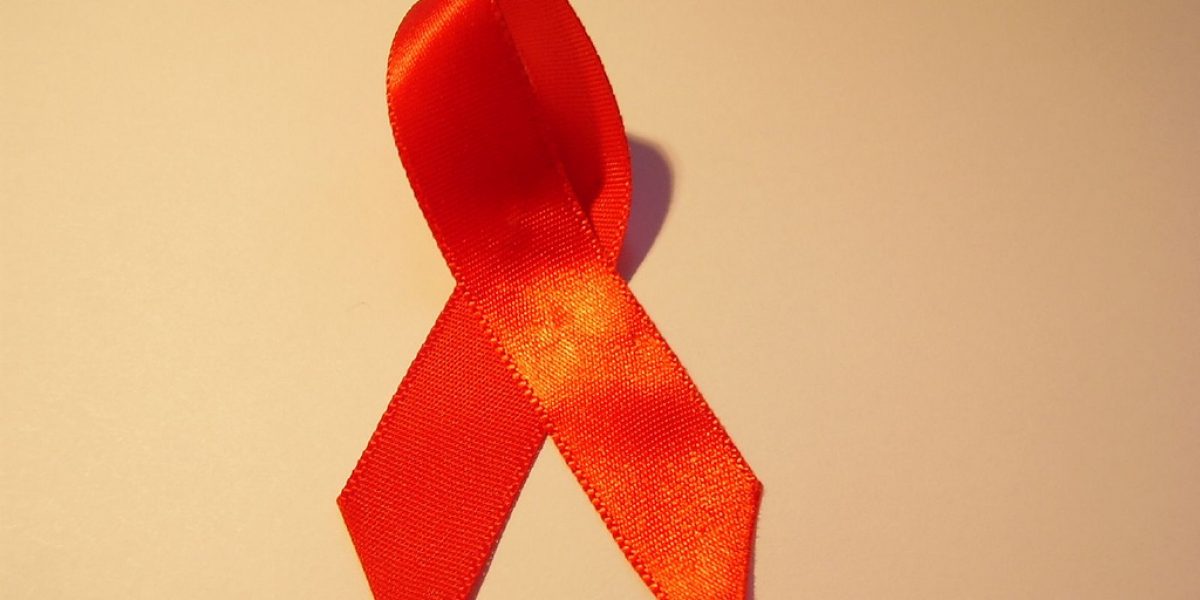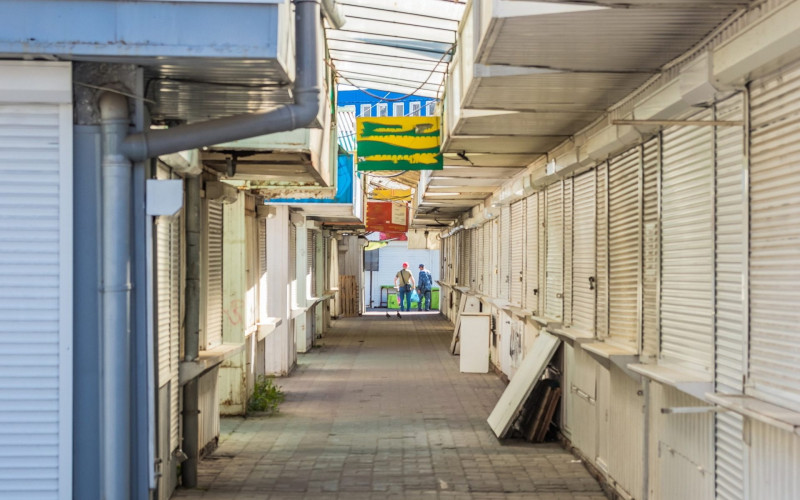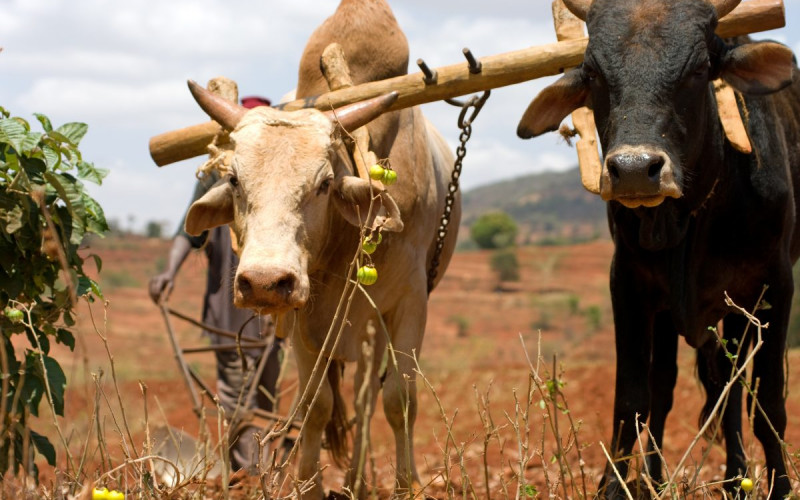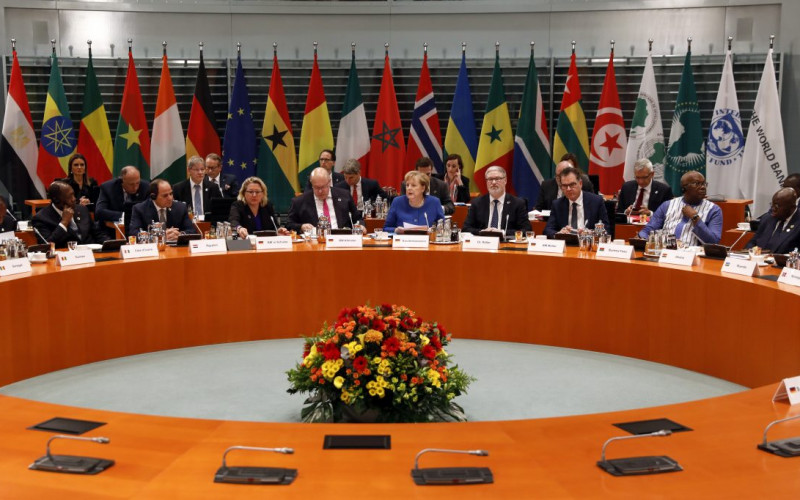It is often said there is no such thing as an orphan in Africa. Children who lose parents are normally taken into relatives’ families. But the scale of the HIV/AIDS epidemic in Africa is overwhelming the extended family system, leaving too many orphans and too few caregivers.
Sub-Saharan Africa has 24 of the 25 countries with the highest levels of HIV prevalence and orphans account for 15% of children in 11 countries in the region. The number of children without both parents is forecast to rise from 0.2 to 2.7 million in southern Africa.
The strength of religion on this continent is an under-appreciated factor that helps families and local communities cope with this crisis. More than 85% of Africa’s population is involved in a religious association. Despite criticism of their negative response to the epidemic, religious groups’ support for community programmes for orphans and vulnerable children is growing.
Most of the work of these congregations is small-scale and its impact difficult to measure. However, a study of 690 religious communities, by the World Conference of Religions for Peace in collaboration with UNICEF, in six countries in east and southern Africa found that 93% were working to help vulnerable children. These community initiatives are largely self-funded and care for more than 150,000 children, mainly regardless of their faith, through 9,000 volunteers who visit affected households, care for pre-school children and HIV-positive babies, or feed, educate and train children at day-care or street child rehabilitation centres.
The national leadership of these congregations is often unaware of this activity while secular NGOs have established orphan support programmes without realising that these may undermine community initiatives. Few secular NGOs have sought to partner with faith-based groups, partly because there is a clash of approaches to HIV and sexual behaviour. A WHO regional director stated: ‘The churches are impossible to work with because they have so many agendas that are actively hostile to HIV prevention.’
The main responsibility of outside agencies is to understand and then strengthen the programmes, activities and endeavours initiated by communities whose children are affected by AIDS. Long-term commitments are necessary to both mitigate the impact of AIDS as well as prevent the spread of HIV. Religious organisations have proven their sustainability through continuous presence in communities for centuries.
Africa can learn important lessons from the approach taken by religious groups and take steps that make them more effective participants in providing the social support that governments often are unable to provide:
- Obtain the endorsement of religious leaders. Religious leaders occupy strategic positions of influence, their statements and actions influence the attitudes and practices of whole nations.
- Appreciate the resilience of community coping responses. Secular policy makers tend to view community efforts as weak and even local religious leaders in Africa fail to appreciate the HIV/AIDS care provided by their own congregations, 90% of it by women. Volunteers also underrate the services they provide, and see programmes that attract external funds or appear in the media as more important. The ordinariness of community action on orphans makes them undervalued and this contributes to the weakening of the safety net.
- Document and evaluate congregations’ orphan support activities. Many orphan support programmes implemented by religious congregations use best practices, but few have been documented and the development community has largely ignored their contributions to social change. Church leaders and NGOs should help them to record their work.








